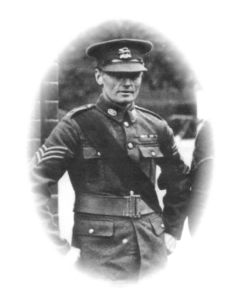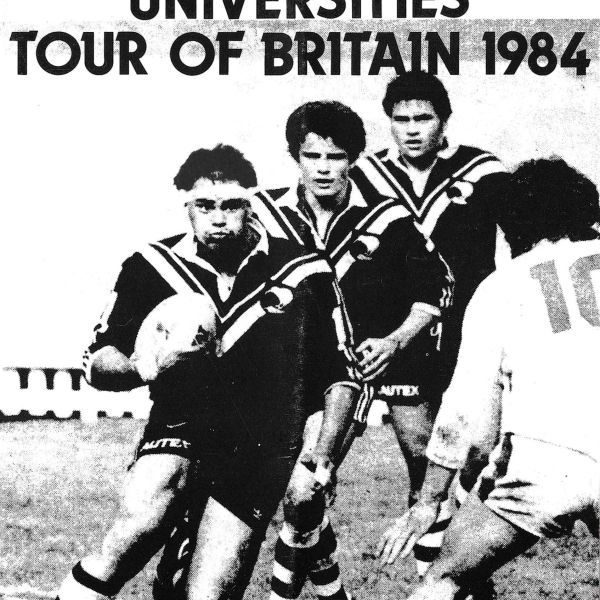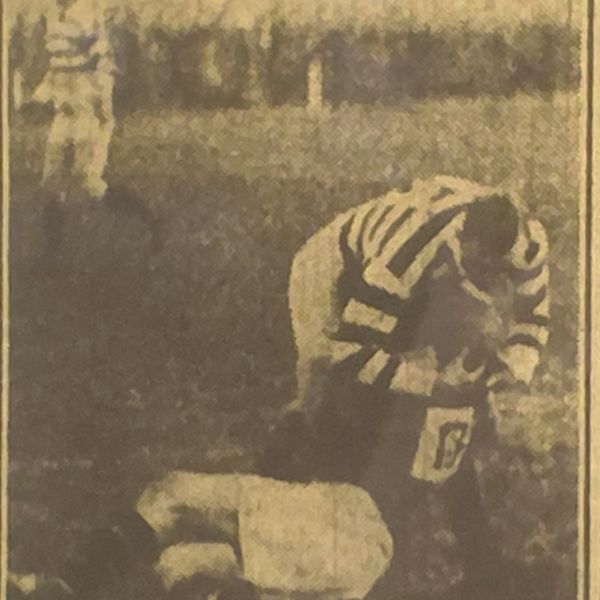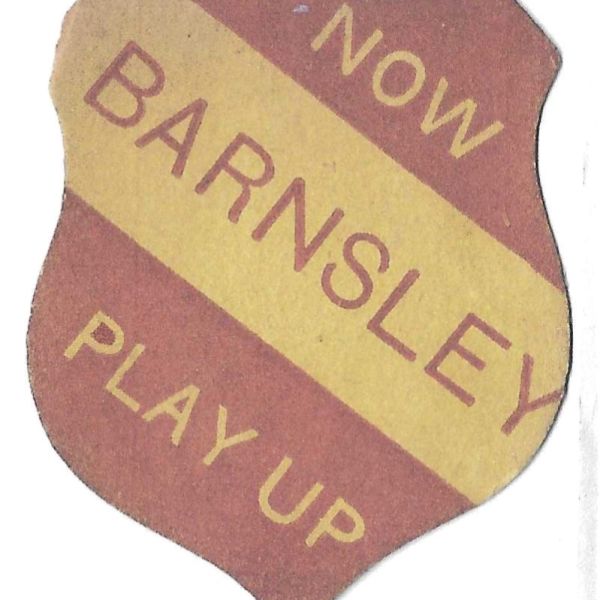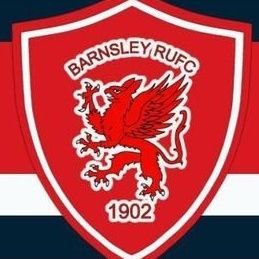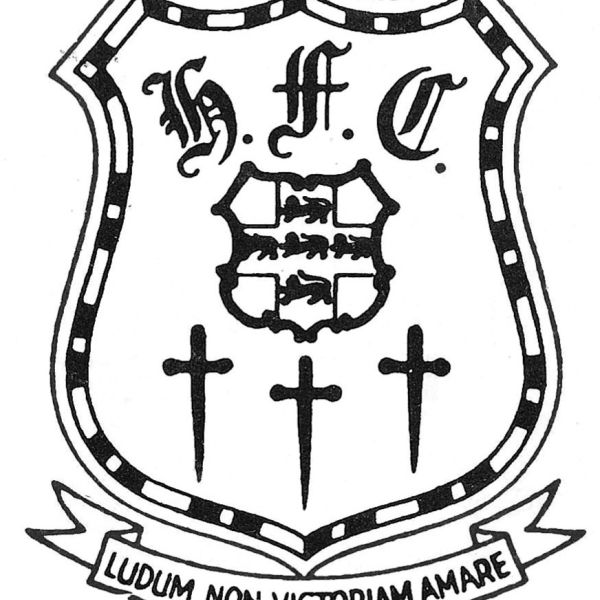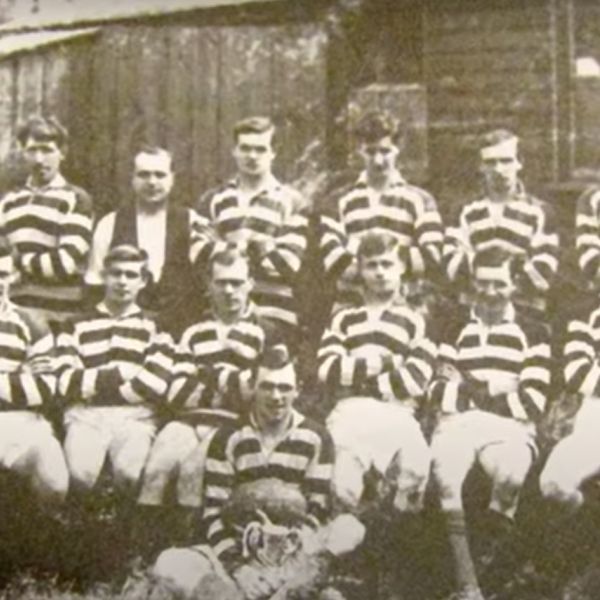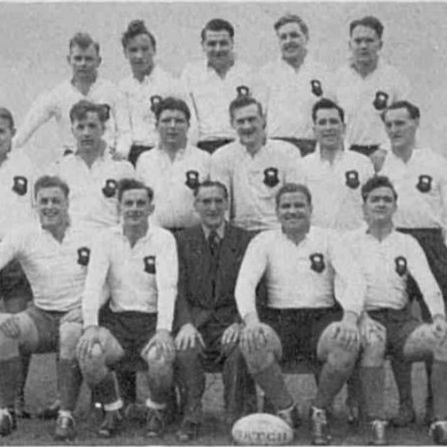The 1919/20 Challenge Cup competition saw the first and only appearance in the first round proper of Healey Street Adults. This Oldham based club were drawn against Wigan, at Central Park, a very difficult proposition for any junior outfit particularly as Wigan took the tie very seriously and fielded a nearly full strength team. Healey Street also had a strong team on duty including Thomas Steele who, as a Sergeant in the 1st Battalion Seaforth Highlanders, had received the Victoria Cross in 1917 for conspicuous bravery and devotion to duty.
Steele played on the right wing in a team that struggled from the first whistle. Put on the defensive from the kick off, Healey Street held out for the opening minutes of the game with some keen tackling, but once Wigan scored Healey Street could not contain their senior opponents and seven more tries followed to give a half time score of 36 points to 3. Wigan found it easy to add further tries in the second half running out 64 points to 3 winners. The consolation for Healey Street was the attendance of 5,000, which meant that their share of the gate was over £100. Thomas Steele played his part in the game, particularly in defence. In its match report the Wigan Observer mentioned Steele in the description of the period shortly after half time as follows: ‘The visitors (Healey Street Adults) had the benefit of the strong sun at their backs in resuming and managed to hold the home attack for nearly ten minutes, chiefly by the efforts of Steele and Radford.’ It is remarkable, considering the serious injuries that Thomas Steele received in Mesopotamia, where he won the Victoria Cross, that he was able to play competitive rugby only three years later. Thomas Steele signed for Broughton Rangers on the 2nd March 1922 and played at centre in two first team games, one against Rochdale on 14th April 1922, and the other against Barrow on the 22nd April 1922. He was also on the playing register for Broughton Rangers the following season, but did not make any further first team appearances.
Thomas Steele's story is in Chapter 4 of Making Up The Numbers. Available from the York Bookshop
Follow the link: here
